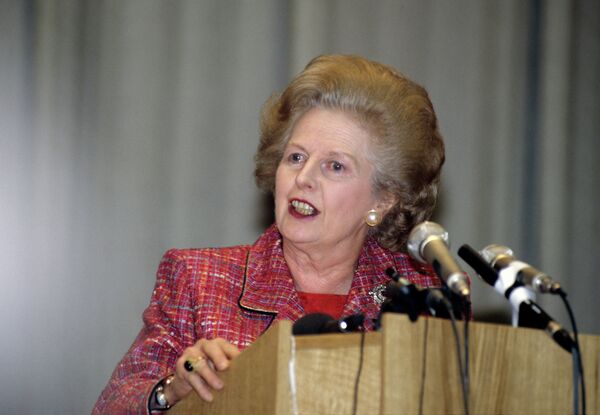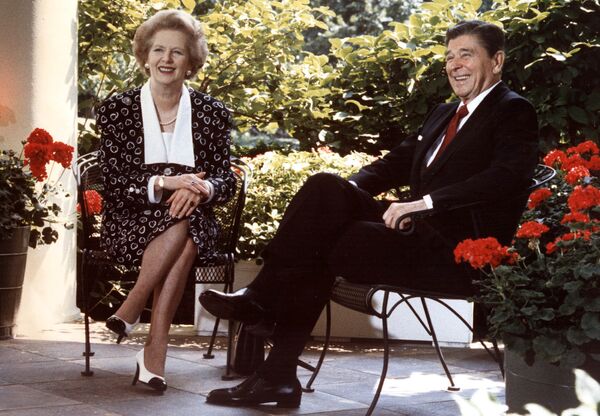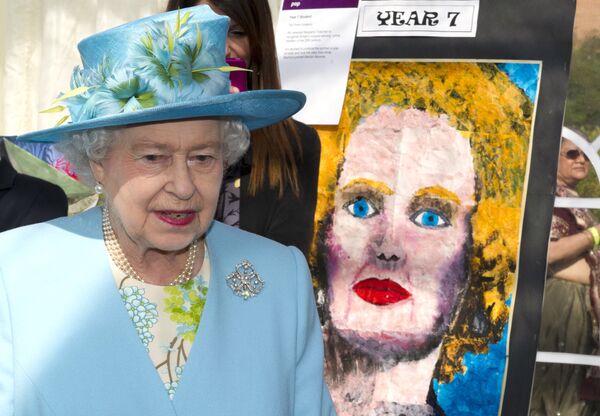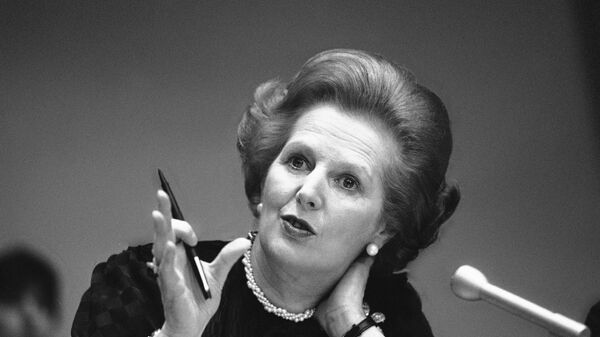Thatcher was the UK's first female Prime Minister and was dubbed the 'Iron Lady', by Yury Gavrilov, a young soldier working for the Red Army's Red Star newspaper in 1976, days after Thatcher delivered her 'Britain Awake' speech in which she derided the — then — Labour government for cutting back on arms, while the Soviet Union was investing heavily.
"The Russians are bent on world dominance, and they are rapidly acquiring the means to become the most powerful imperial nation the world has seen," she said.
Gavrilov told the Daily Mail in 2007: "At the time it seemed that everyone liked the label. Her opponents thought it reflected her stubbornness and inflexibility. But her supporters took it as a sign of strength."

She was one of the first western leaders to respond warmly to friendly advances from Soviet leader Mikhail Gorbachev.
"We're not in a Cold War now", but rather in a "new relationship much wider than the Cold War ever was," she said after a summit with Gorbachev in 1988.
After Gorbachev and Thatcher first met in London in 1984, she declared: "I like Mr Gorbachev, we can do business together."
Women Shaping Society
The poll — conducted to mark the 200 anniversary of the Scottish Widows pensions and investment firm based in Edinburgh — joined forces with historian and author Suzannah Lipscomb to identify the women viewed by the British public as those who have shaped society throughout the past two centuries.

Others on the list included Emmeline Pankhurst, who led the British suffragette movement to win women the right to vote in national elections; Mother Teresa, the famous missionary and Florence Nightingale, the founder of modern nursing.

Britain's Queen Victoria, US civil rights campaigner Rosa Parks and TV star Oprah Winfrey also made the list.
"The top 10 are an impressive list of women — each of them was or has been responsible for or overseen real change, but in addition nearly every one of them has some symbolic importance beyond their own person," Lipscomb said.


